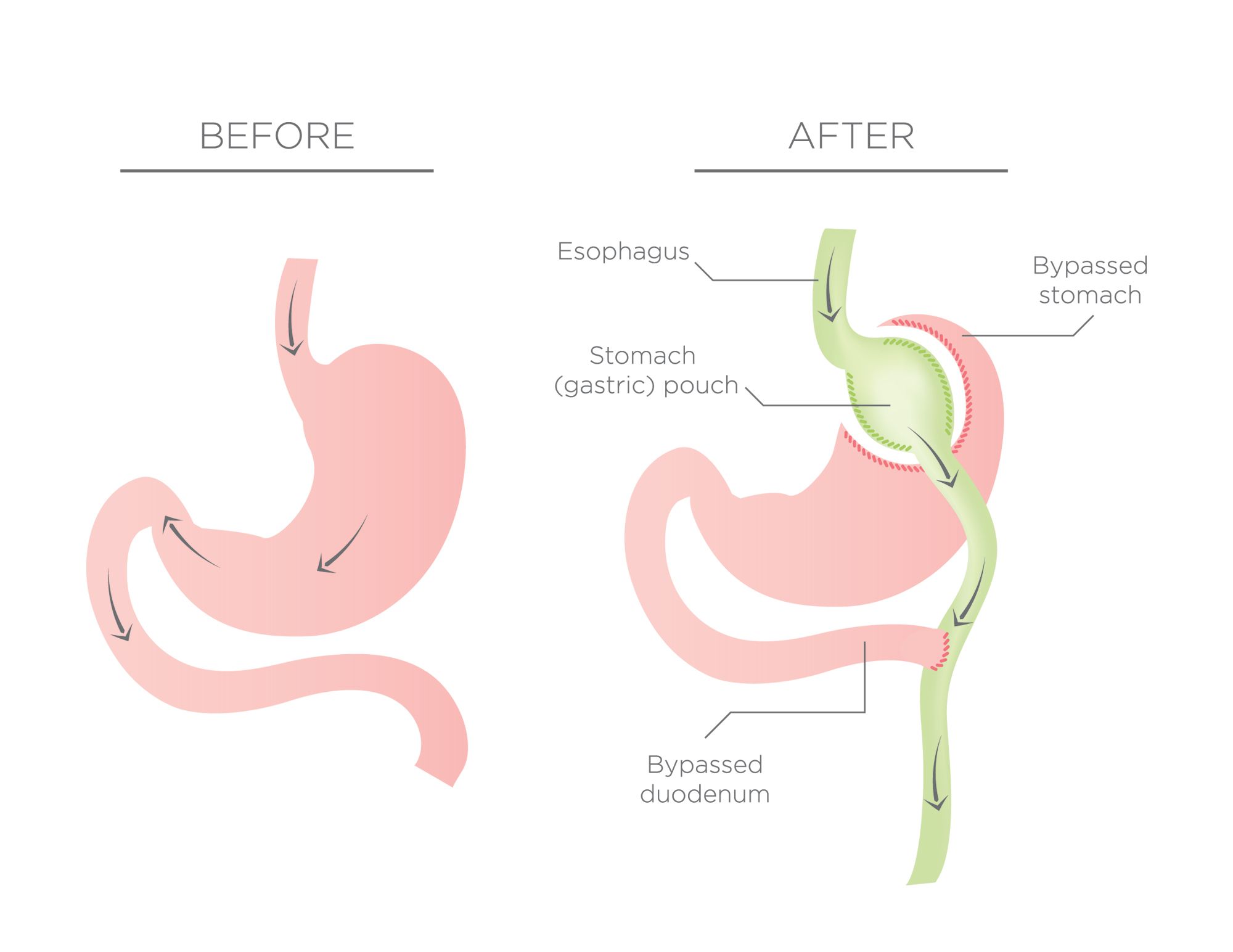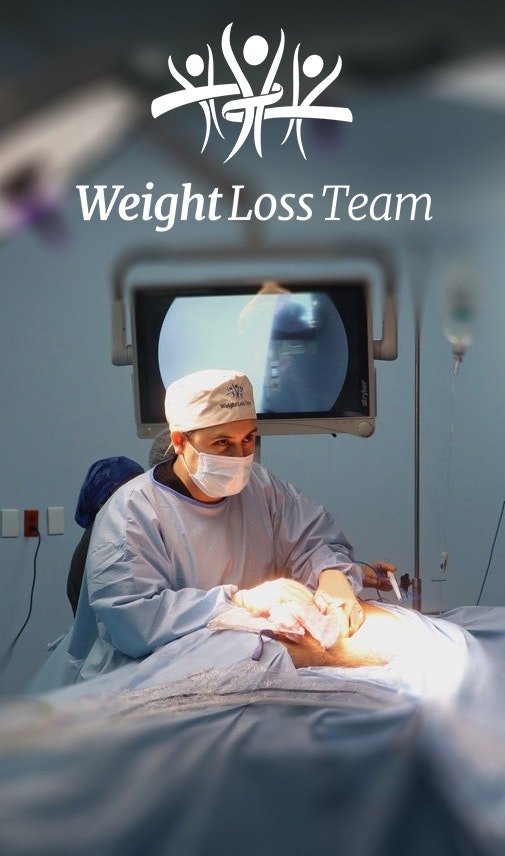Gastric Bypass Recovery: What Patients Should Know
 Bariatric surgery has increased in popularity given the obesity epidemic in the United States. More and more people are coming to our surgical weight loss team in Puerto Vallarta, JAL to undergo gastric bypass and other bariatric surgery procedures.
Bariatric surgery has increased in popularity given the obesity epidemic in the United States. More and more people are coming to our surgical weight loss team in Puerto Vallarta, JAL to undergo gastric bypass and other bariatric surgery procedures.
Prior to undergoing weight loss surgery, we make sure that patients understand what the recovery process entails. This gives them a good idea of the lifestyle changes associated with bariatric surgery. Let’s take a moment to cover some of the basics of healing after gastric bypass surgery.
Taking Time Off from Work
Gastric bypass patients can expect to take about a week to two weeks off from work. This gives the patient ample time to recover from the early stages of surgery.
Keep in mind that upon returning to work, you may want to limit the amount of physical activity you do at work until you are fully recovered. Be sure to discuss these matters with your supervisor and fellow employees.
Common Side Effects After Undergoing Surgery
After gastric bypass surgery, it’s common for patients to experience soreness, swelling, bruising, and numbness around the abdominal area. This is all normal and lasts for about two weeks, with gradual improvements each day.
Your surgeon will offer suggestions on how to manage these side effects. Light walking each day is recommended in order to promote circulation after surgery and avoid blood clots from forming.
Activities to Avoid
After gastric bypass surgery, it’s important to avoid strenuous physical activity, heavy lifting, the use of tobacco products, alcohol consumption, and the use of swimming pools, hot tubs, and saunas. Your surgeon will advise you on when you can resume certain activities after surgery.
In addition to the above, gastric bypass patients will need to avoid solid foods for a few weeks. A transitional liquid-to-solid diet will be required as your digestive tract heals.
Diet During First Week of Recovery
During the first week after gastric bypass surgery, patients will be restricted to having clear liquids. This liquid diet will consist predominantly of water, fat-free broths, fat-free milk, and sugar-free gelatin.
Diet During Second Week of Recovery
During the second week after gastric bypass surgery, patients will be able to incorporate some protein back into their diet. This means protein shakes and meal replacement shakes in addition to the clear liquids above.
Diet During Third Week of Recovery
By week three, patients can add very soft foods into their diet. This might include soups with soft noodles, non-fat cottage cheese, egg whites, and creamy pureed soups.
Diet During Fourth Week of Recovery
When week four rolls around, patients can add soft solid foods into their diet as they transition back into full solid foods. Suggested soft solids include lean chicken, lean turkey, tofu, fish, potatoes, select fruits, and other produce cooked until soft.
Eating Habits Moving Forward
As you continue to heal after gastric bypass, you be attuned to the needs of your body and how you react to certain foods. Savor your foods, chew thoroughly, and make sure you have a balanced diet.
Returning to Physical Activity
After the first week, be sure to slowly increase your physical activity level each day. Stretch lightly in addition to walking, and get your body used to physical activity. As the weeks continue, begin an exercise routine to help promote faster and lasting weight loss in the long run.
Scarring After Surgery
Scarring is a reality after any surgery. Thanks to modern laparoscopic techniques, the scarring after gastric bypass tends to be very difficult to notice. The small incision made during the surgery will continue to fade with time, becoming even more difficult to notice.
Learn More About Gastric Bypass Surgery
For more information about weight loss surgery and what options are ideal for you and your needs, be sure to contact a skilled bariatric surgeon. We look forward to your visit and discussing these matters in much greater detail.



